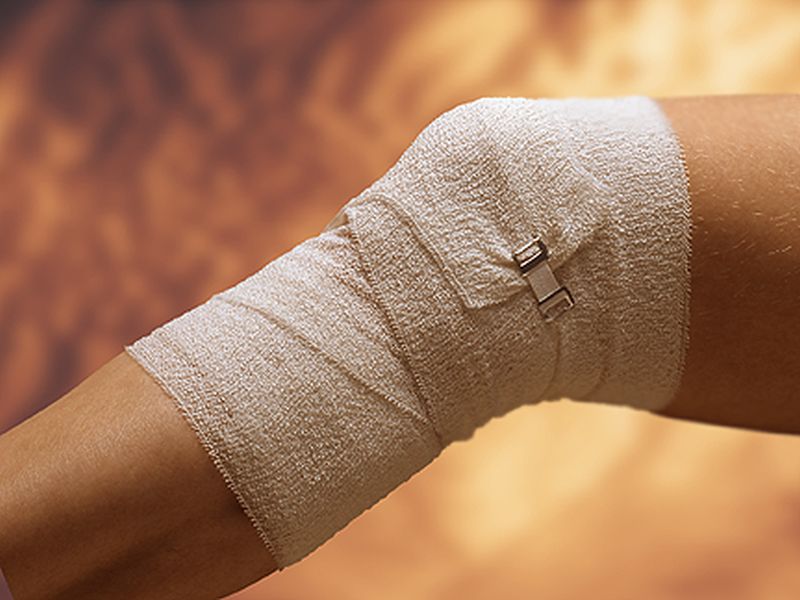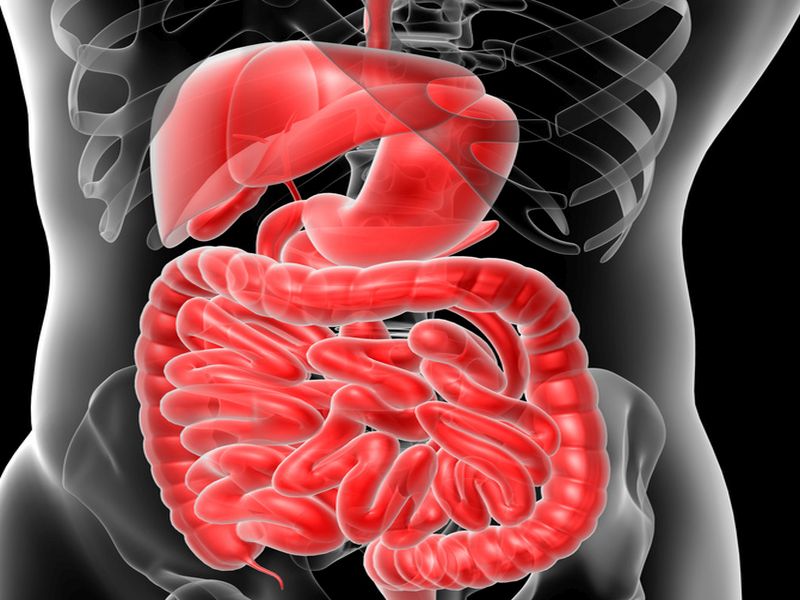
Sunscreen is a real key to protecting your skin from the sun and preventing skin cancer, but are you using it correctly? Santa Monica-based dermatologist Dr. Tanya Kormeili thinks not. A recent American Academy of Dermatology (AAD) found “only about a third of Americans are reapplying their sunscreen every two hours while outside. Since sunscreen… read on >

















